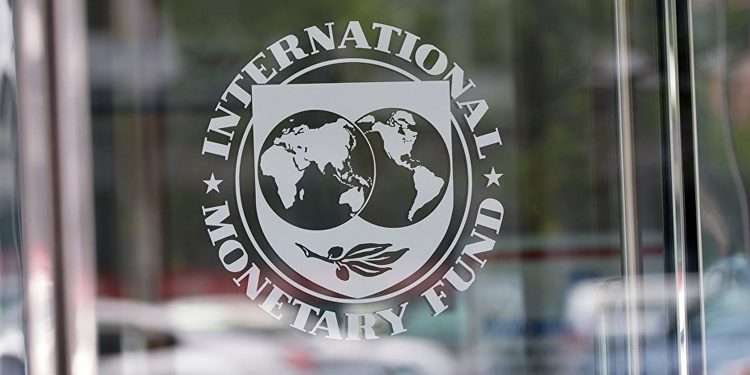IMF agrees to support Ghana’s Enhanced Domestic Economic Programme
“In addition, the global economic shock caused by the war in Ukraine is hitting Ghana at a time when the country is still recovering from the Covid-19 pandemic shock and with limited room for maneuver. These adverse developments have contributed to slowing economic growth, accumulation of unpaid bills, a large exchange rate depreciation, and a surge in inflation,”
The International Monetary Fund (IMF) has agreed to help support Ghana’s self-developed Enhanced Domestic Economic Programme as it seeks for Balance of Payment support from the Fund.
In a mission press statement released by the Fund’s Mission Staff to Ghana led by Carlo Sdralevich, on Ghana’s request for a bailout programme, the IMF noted it will continue to “monitor the economic and social situation closely and engage in the coming weeks with the authorities on the formulation of their Enhanced Domestic Program that could be supported by an IMF arrangement and with broad stakeholders’ consultation.”
According to the Mission Staff team, Ghana is currently facing a challenging economic and social situation amid an increasingly difficult global environment.
Asserting that, the country’s fiscal and debt situation has severely worsened following the COVID-19 pandemic. At the same time, investors’ concerns have triggered credit rating downgrades, capital outflows, loss of external market access, and rising domestic borrowing costs.
“In addition, the global economic shock caused by the war in Ukraine is hitting Ghana at a time when the country is still recovering from the Covid-19 pandemic shock and with limited room for maneuver. These adverse developments have contributed to slowing economic growth, accumulation of unpaid bills, a large exchange rate depreciation, and a surge in inflation,” the Fund stated.
In view of the country’s challenging economic and social situation, the IMF says it has held discussions with the government for a comprehensive reform package to restore macroeconomic stability and anchor debt sustainability.
The IMF team made progress in assessing the economic situation and identifying policy priorities in the near term.
The discussions focused on improving fiscal balances in a sustainable way while protecting the vulnerable and poor; ensuring credibility of the monetary policy and exchange rate regimes; preserving financial sector stability; and designing reforms to enhance growth, create jobs, and strengthen governance.
“We reaffirm our commitment to support Ghana at this difficult time, consistent with the IMF’s policies,” the IMF team noted as it concluded its visits to Ghana which lasted from July 6 to July 13.
The proposed Enhanced Domestic Economic Programme seeks to achieve the following objectives:
- Improve the credibility of government policy and restore investor confidence in the economy, thereby, regaining market access, boosting DP disbursements, and unlocking other financing sources;
- Restore debt sustainability and macroeconomic stability to support green growth, economic transformation and job creation while protecting social spending;
- Strengthen the Central Bank’s Monetary Policy Regime; and build buffers to strengthen resilience to economic shocks


